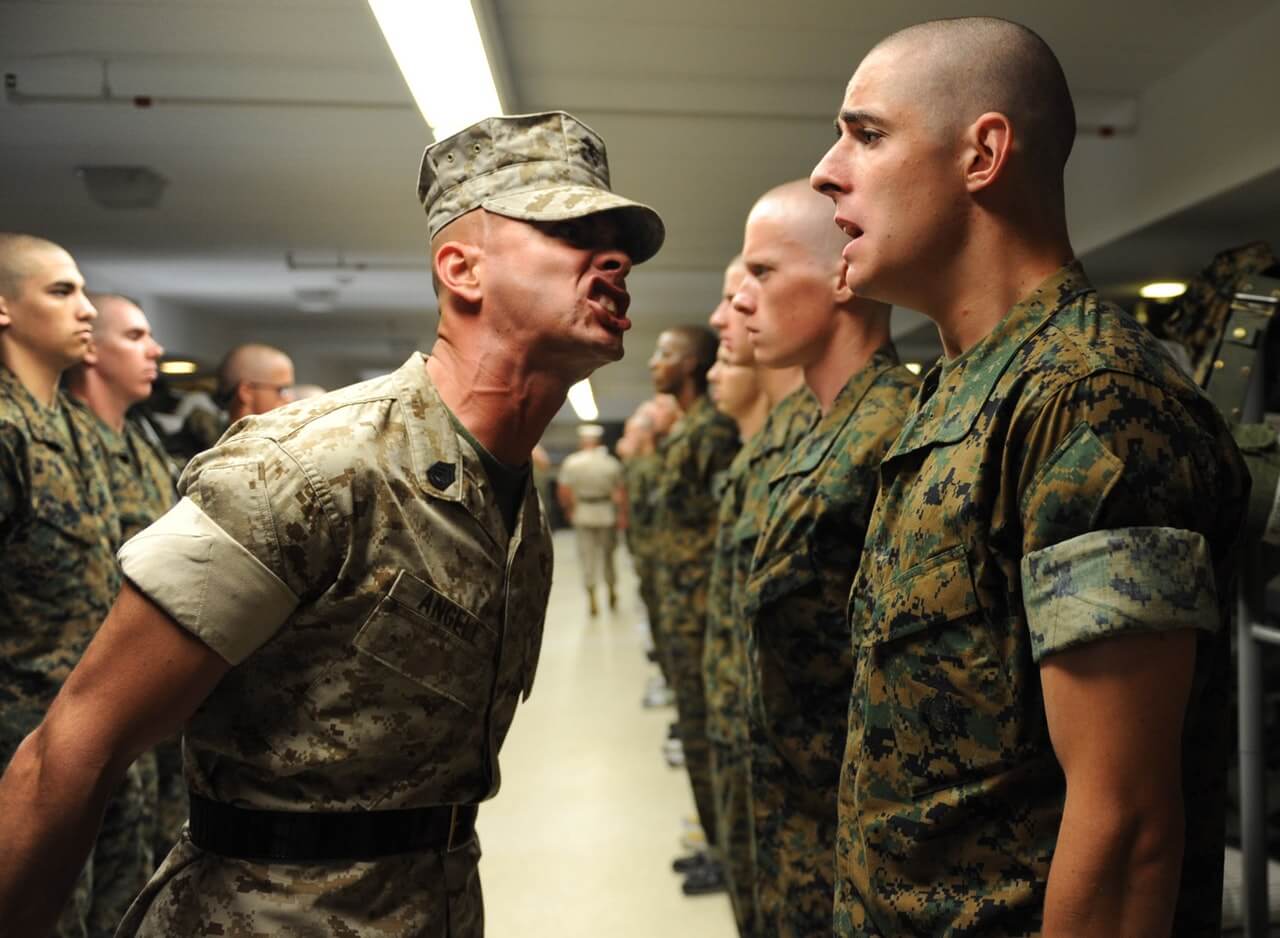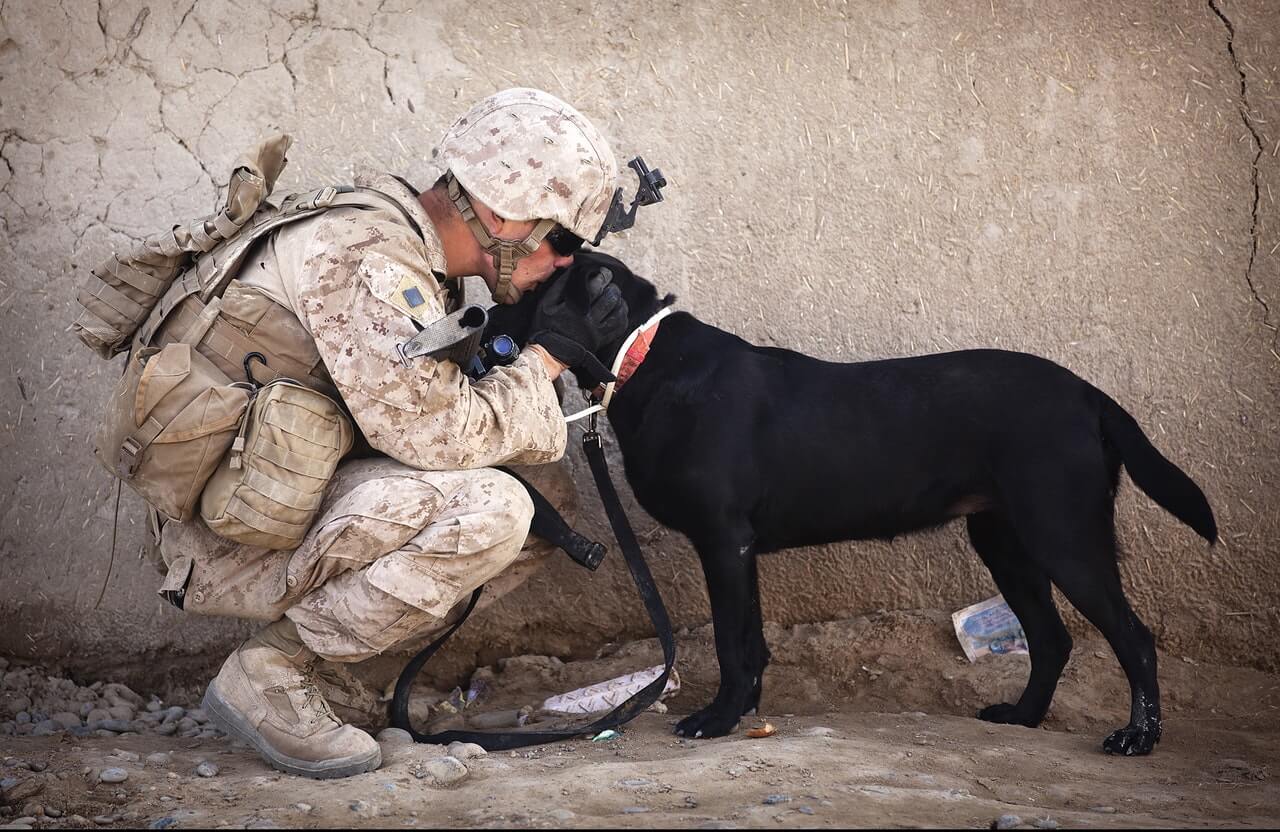Programs Cannot Replace Personal Interactions When Fostering Trust and Respect

After a six-year $287 million campaign to make US Army soldiers more optimistic, happy, and resilient, the results are less than stellar.
USA Today reported that twelve months of data through early 2015 found that 52% of soldiers scored poorly in optimism and 48% have little satisfaction in, or commitment to, their jobs.
Military leadership recognizes the importance of the mental health of troops. As a result, the Army’s positive psychology program began in 2009 in response to rising suicide and mental illness among enlisted troops. The program was controversial from the start. A panel of scientists showed that the program demonstrated little to no evidence of preventing mental illness. Furthermore, this Psychology Today article raised serious questions about the program’s ability to address these issues.


If a program can’t solve everything, what can have a significant positive impact on the well-being of team members – be they soldiers, sailors, marines, airmen, employees in your company, etc. – is how they are treated by their leaders and their peers.
A concerning trend is that 39% of soldiers don’t trust their immediate supervisors or fellow soldiers; they don’t feel respected or valued.
All trust is local. All relationships are local. That is, the folks you interact with regularly, face to face or virtually (email, video link, etc.) provide the experiences that either enhance trust and positive relationships or erode them. Those experiences are rarely neutral!
How you are treated by your leaders and peers, moment to moment, in daily interactions, has a huge impact on your feeling of being in on things, of being trusted, respected, and valued for your efforts and your accomplishments.
There are numerous examples of inspiring leaders in our military today. US Navy Captain D. Michael Abrashoff changed the culture of the USS Benfold through grassroots leadership. Abrashoff created a crew of inspired problem solvers by creating a meaningful purpose, trusting talented crew members, and building buy-in with his “it’s your ship” mantra.
A training program can boost awareness and build skills, but the program alone can’t change day to day behaviors. That requires commitment on the part of leaders to model the values, praise aligned behavior, and redirect mis-aligned behavior, consistently.
Our active and veteran service members give their best daily. They’re not getting OUR best, in the form of proactive care, treatment, and support.
We must do better.

CAREER ADVICE

GOV TALK
